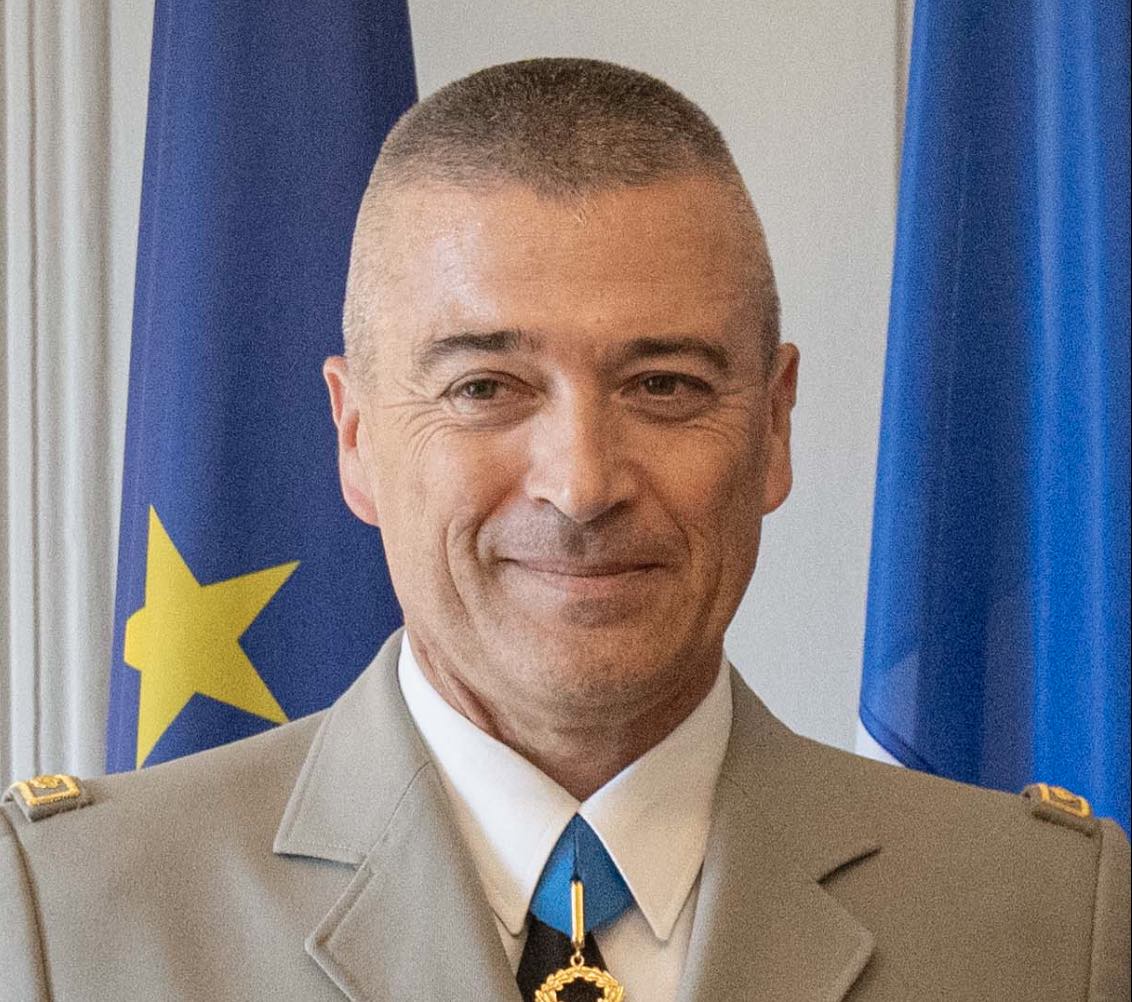


This wasn’t the usual cautious military hedging or bureaucratic doublespeak. It was a blunt assessment of where France stands in Vladimir Putin’s mental map of enemies – and the conclusion is unambiguous: Europeans are already in the Kremlin’s crosshairs.
Burkhard’s rare public address, delivered on Friday, lands at a critical moment. While many European leaders indulge in talk of a post-war settlement or a possible ceasefire in Ukraine, Russia is visibly digging in for the long haul. This is not a passing storm; it is a protracted confrontation, one that will define Europe’s security architecture for the next decade or more.
Russia, the General warned, remains “a lasting, close threat.” Despite staggering battlefield losses in Ukraine, its capacity to menace Europe militarily, technologically and psychologically is undiminished. It continues to rearm, undeterred by sanctions or battlefield reverses, and is poised to reconstitute a powerful and “complete army model” by the end of the decade.
“We are not looking at a declining, spent force,” Burkhard said. “We are facing a country with nuclear weapons, long-range bombers, undersea capabilities, cyber arsenals, and a society hardened by autocracy and accustomed to hardship.”
That is a sobering catalogue. But what ought to alarm the French public—and European allies more broadly—is the revelation that France is not simply in Russia’s sights, but is considered the primary enemy on the Continent. The General recalled Vladimir Putin himself naming France as the main adversary in Europe, not for historical reasons or ideological rivalry, but because of France’s singular commitment to supporting Ukraine.
It’s a chilling compliment, in some sense. France has led from the front—arming Kyiv, training Ukrainian officers, sending Caesar howitzers, and championing the cause of Ukrainian sovereignty when others hesitated. But leadership invites retaliation, and Putin, ever the tactician, knows that if you can destabilise the heart, the limbs may follow.
Hence the shadow war that is already being waged. General Burkhard detailed a range of hostile acts—many of them just below the threshold of open conflict—that reveal how deeply Russia is probing France’s defences, both literal and societal.
Russian satellites have disrupted French ones, submarines have ventured dangerously close to French-controlled waters, and long-range bombers have made reconnaissance flights near NATO naval groups. More insidiously, Russian operatives have been linked to psychological warfare campaigns on French soil: the spread of fabricated reports about bedbugs in Paris, and the cynical orchestration of antisemitic graffiti using hired proxies.
This isn’t random meddling. It is targeted subversion. Russia understands that if France can be distracted, divided, or weakened domestically, then its ability to project strength abroad—particularly in Eastern Europe—will falter.
And this is precisely the strategy. Destabilise France, and you chip away at the cohesion of Europe’s military backbone. You muddy the clarity of its foreign policy. You sow distrust within NATO. The Kremlin is not betting on a conventional victory in Ukraine; it is betting on fracture and fatigue in the West.
In this context, Burkhard’s message must be taken as both a warning and a call to arms—not just for generals and ministers, but for the French public. For too long, Europe has been lulled into a false sense of peace, assuming that Russia’s belligerence was bounded by geography and attrition. But the General’s assessment lays that illusion to rest.
“We are the No. 1 adversary designated by the Russians,” he repeated. “That means there’s an existing level of threat.”
So what does readiness look like? It means recognising that the era of strategic holiday is over. It means treating information warfare not as a curiosity of the internet age, but as a deliberate tool of state sabotage. It means securing satellite constellations, investing in naval deterrence, and expanding civilian awareness of hybrid threats.
It also means diplomacy with spine. If France is being targeted because it stands tall in defence of democratic Europe, the answer cannot be retreat or ambiguity. It must be deeper coordination with allies, firmer red lines, and yes, a more robust military posture—not to provoke conflict, but to deter it.
General Burkhard’s statement is not hysteria. It is realism—the clearest strategic thinking to come out of a European capital in months. While some in Brussels and Berlin still speak of “dialogue” with Moscow, Paris now understands what time it is.
Europe’s security is no longer theoretical. And for France, the danger is not merely adjacent—it is direct, calculated, and already unfolding. The question now is whether the political class has the resolve to match the generals’ clarity. The clock is ticking.
Main Image: – https://www.flickr.com/photos/42310076@N04/53772164558/